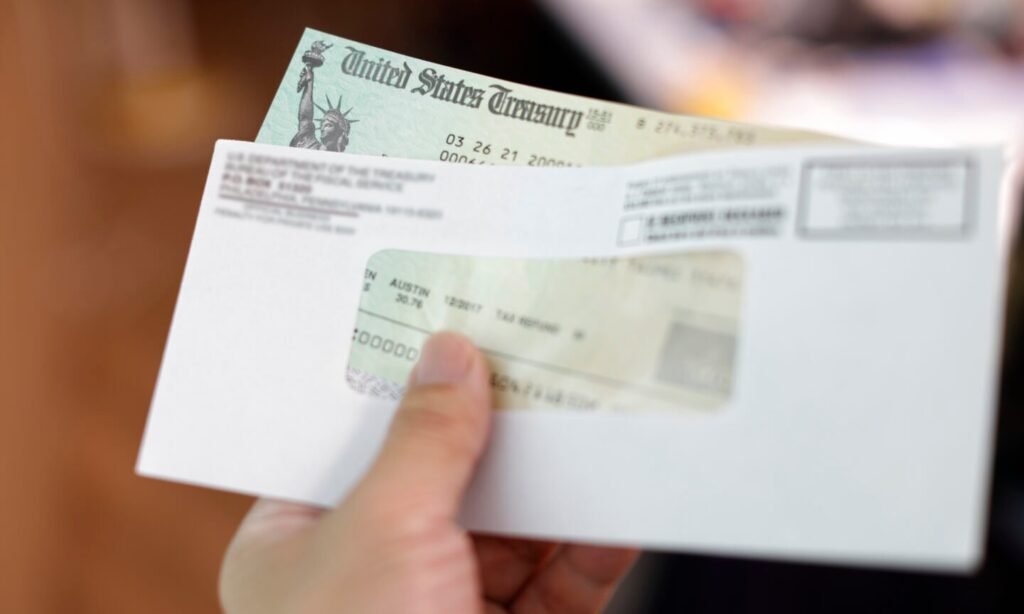Households are currently burdened with record levels of debt, reaching $18.04 trillion in the fourth quarter of 2024, as reported by the Federal Reserve Bank of New York’s Center for Microeconomic Data.
During Presidents Day weekend, many Americans traditionally focus on tax filing, with the intention of using their refunds to reduce their debt burden.
An average refund amount of $3,138 in 2024, according to the IRS, can significantly impact debt reduction. However, it’s essential to consider if paying off debt is the most effective use of this money.
Confirm your refund amount before making plans
Before making financial decisions based on your refund, it’s crucial to wait until you receive it. However, you can estimate the amount using a tax calculator if you haven’t filed your return yet.
Once you’ve filed, the exact refund amount will be on your tax return, allowing you to track its status with the IRS.
Cover necessities first
Before allocating your refund to debt payments, ensure essential expenses like groceries and utilities are covered. Consider building up your emergency fund to handle unforeseen financial challenges.
Financial experts recommend having three to six months’ worth of living expenses saved in an emergency fund for peace of mind.
If saving that much seems daunting, start with a smaller goal to create a financial cushion.
Prioritize high-interest debt next
Once essential needs and emergency savings are addressed, focus on paying off high-interest debts, such as credit cards and personal loans. These debts often accrue interest at rates that can quickly become unmanageable.
Consider prioritizing debts from highest to lowest interest rate and applying your refund to the account with the highest rate while making minimum payments on others, following the debt avalanche strategy.
Keep your values in mind
While the advice provided serves as a useful starting point for using your refund, it’s essential to align your financial decisions with your personal values and goals.
Consider paying off lower-rate debts, contributing to retirement savings, or funding other important priorities with your refund, depending on what matters most to you.
Allocating your refund towards multiple goals can help you meet financial obligations while also enjoying some personal rewards.
Remember to consider your values and make financial decisions that align with your long-term objectives.

